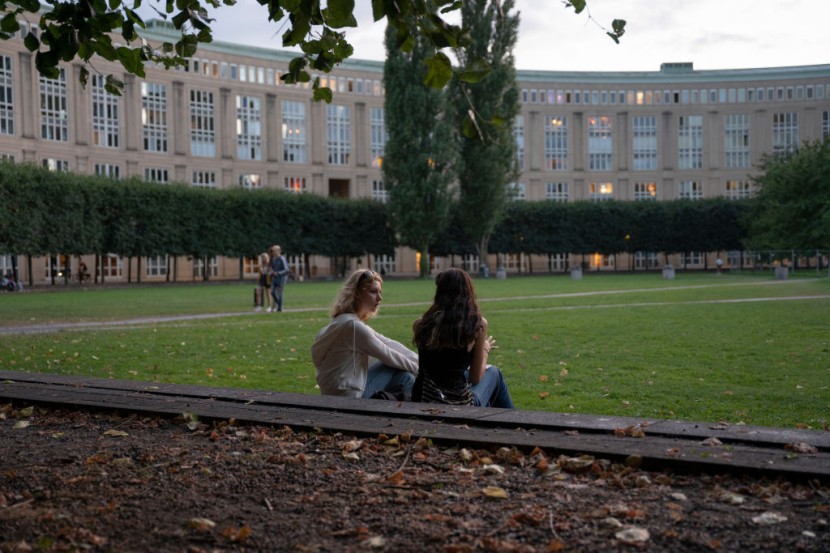
No person could remain socially isolated for unusually long periods without it affecting their overall well-being, even for introverts and those who are suffering from depression. This is where regular social interactions come in because staying away for unusually long periods from family and friends could have a crippling impact.
Authors of a study have taken into account that regular social interactions and forging social connections including visiting your family and friends may actually have a shielding effect on lessening the risk of depression and will bolster your mood levels.
Confiding in People
According to Psychiatrist Jordan Smoller at Harvard Medical School, "Far and away the most prominent of these factors was the frequency of confiding in others, but also visits with family and friends, all of which brought the important protective effect of social connection and social cohesion, reported Entertainment Times.
A new study evaluated over 100 modifiable factors linked with depression suggested that social connections are the most powerful safeguard for barring depression among adults, reported Psych Central.
According to researchers from Massachusetts General Hospital (MGH), lessening sedentary activities including afternoon napping and watching television could help diminish the risk of depression.
Physical Health
Aside from affecting mental health, social isolation could impact physical health as well.
Perceived social isolation and loneliness are connected with depression, poor sleep quality, cognitive decline, probable heart problems, and a weaker immune system, reported Insider.
Community Activities
Social network function and structure are highly intertwined with depression and anxiety symptoms in older adults' general population. Public health initiatives can diminish apparent isolation by participation in community activities and social network integration. Therefore, these will protect once against the development of affective disorders.
Face-to-Face Interactions
While electronic interactions in social media platforms can be helpful as well, face-to-face interactions provide more effectual results.
In a study conducted by Oregon Health and Science University, research study participants who regularly met face-to-face with family and friends were less possibly to report depression symptoms in contrast to participants talked on the phone or e-mailed.
Connection in the Midst of a Pandemic
People are ordered to stay at home and limit their social interactions with people including family members, office colleagues, and friends. As such, numerous people have been exhibiting signs of mental health issues believed to be a natural outcome of complete isolation.
The importance of social connections essential in the current implementation of social distancing and lockdown measures wherein staying in touch with people is more problematic than ever.
While you might not be allowed to visit your loved ones in the face of the pandemic, picking up the phone and video calling them may still be a good alternative.
Leading Cause of Disability
"Depression is the leading cause of disability worldwide, but until now researchers have focused on only a handful of risk and protective factors, often in just one or two domains," according to Karmel Choi, Ph.D., an investigator in the Department of Psychiatry and the Harvard T.H. Chan School of Public Health.
The shielding effects of social networks also work for people who were more susceptible to depression as a result of early age trauma or genetic vulnerability.
Related Article : Natural Ways to Boost Your Fertility








